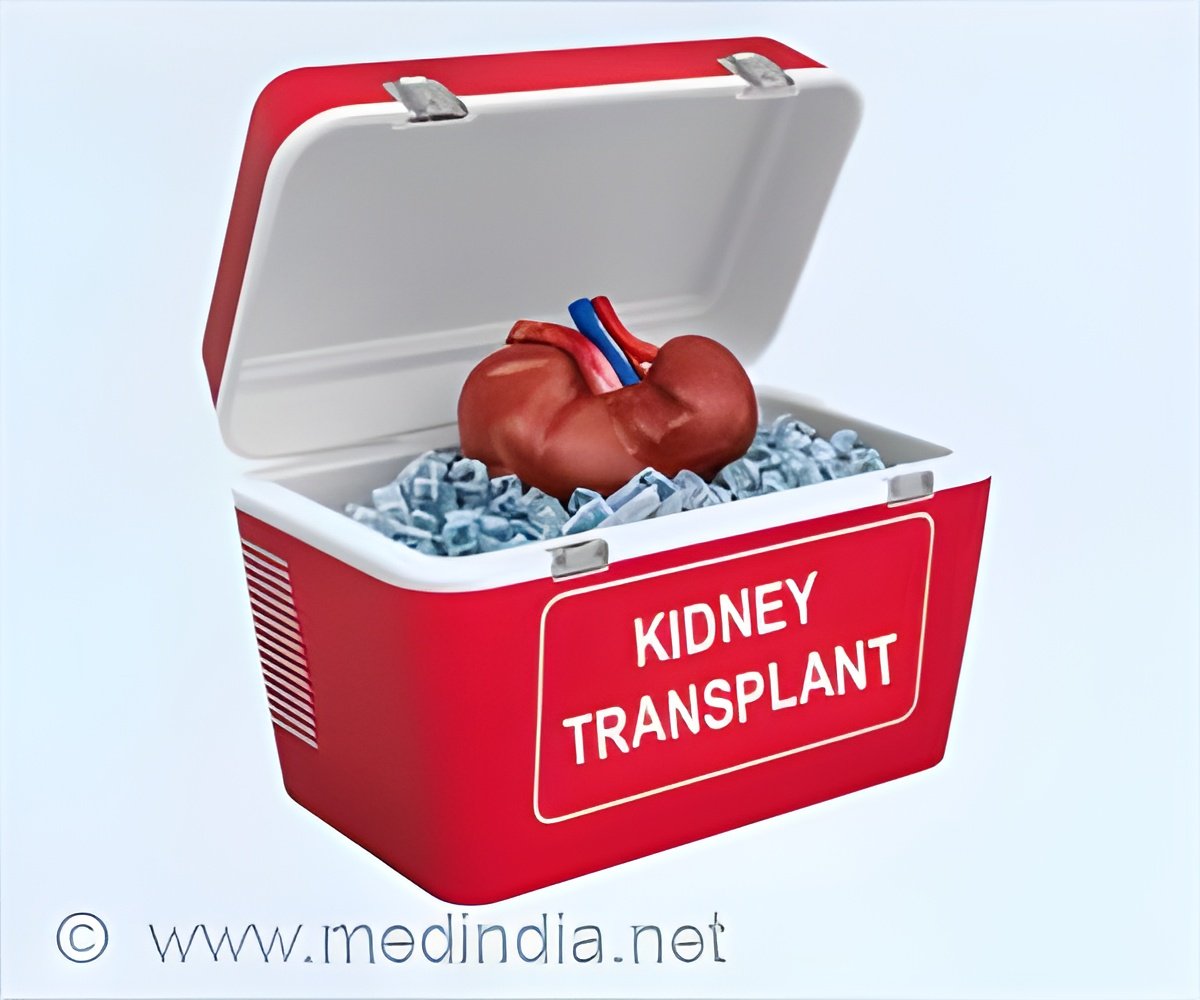
Kidney transplantation from a deceased donor with HIV to a recipient who also has HIV is as safe and effective as transplants from donors without HIV.
The study, funded by the National Institutes of Health (NIH), was published in the New England Journal of Medicine. With kidney transplantation, people with HIV and other kidney diseases can live longer. However, they face the barrier of organ availability (1✔ ✔Trusted Source
Safety of Kidney Transplantation from Donors with HIV
).
HIV Organ Policy Act Allows Safe Kidney Transplants Between HIV Patients
People with HIV also have a higher risk of dying while waiting for a transplant and are less likely to receive one compared to those without HIV. To help address these disparities, the HIV Organ Policy Equity Act (HOPE) was implemented in 2015 and legalized transplants between donors and recipients with HIV.
Currently, the HOPE Act limits this practice to research settings to carefully evaluate outcomes. These include post-transplant survival, post-transplant kidney function (also known as graft survival), and kidney rejection. Research studies also assess unique potential risks of this practice, such as acquiring a second, genetically distinct HIV strain from the donor that could affect the recipient’s HIV disease.
The present study enrolled 198 adults with HIV and end-stage kidney disease who received kidney transplants at 26 centers, comparing the outcomes of 99 study participants who had donors with HIV versus 99 whose donors did not have HIV. Transplants were completed between April 2018 and September 2021 and recipients were monitored subsequently for about three years.
Kidney Transplants Between HIV Patients Show High Survival rates
The outcomes for overall survival, graft survival, and rejection events were similar between the two groups. After one year post-transplant, recipient survival was 94% in HIV D+/R+ and 95% in HIV D-/R+.
At three years, recipient survival rates were 85% in HIV D+/R+ and 87% in HIV D-/R+. After one year post-transplant, graft survival was 93% in HIV D+/R+ and 90% in HIV D-/R+. At three years post-transplant, graft survival rates were 84% in HIV D+/R+ and 80% in HIV D-/R+. Finally, at one-year post-transplant, rejection incidence was 13% in HIV D+/R+ and 21% in HIV D-/R+, and at three years, 13% in HIV D+/R+ versus 21% in HIV D-/R+.
Advertisement
Rates of serious adverse events, surgical site infections, surgical/vascular complications, and cancer were also comparable between the two groups. One case of a recipient who may have acquired a second genetically distinct HIV strain from their donor was observed, but there were no notable clinical consequences.
Overall, the findings show kidney transplantation between donors and recipients with HIV was safe and non-inferior to transplantation from donors without HIV. According to the authors, these findings offer evidence to support the expansion of the practice outside of research settings.
Advertisement
Reference:
- Safety of Kidney Transplantation from Donors with HIV – (https://www.nejm.org/doi/10.1056/NEJMoa2403733
)
Source-Eurekalert



